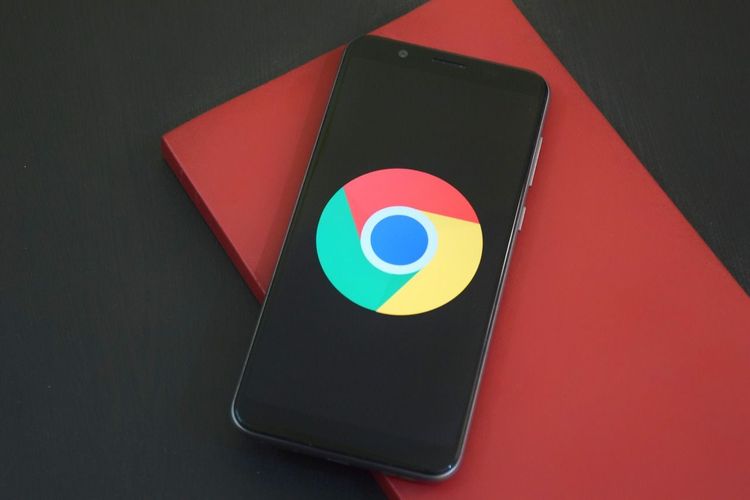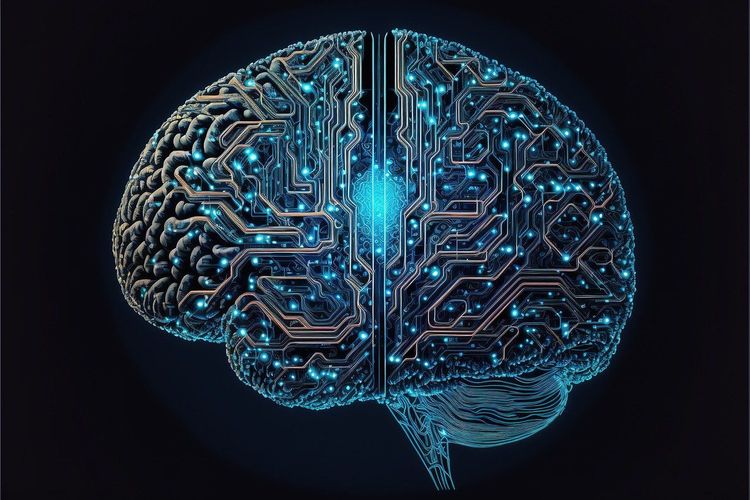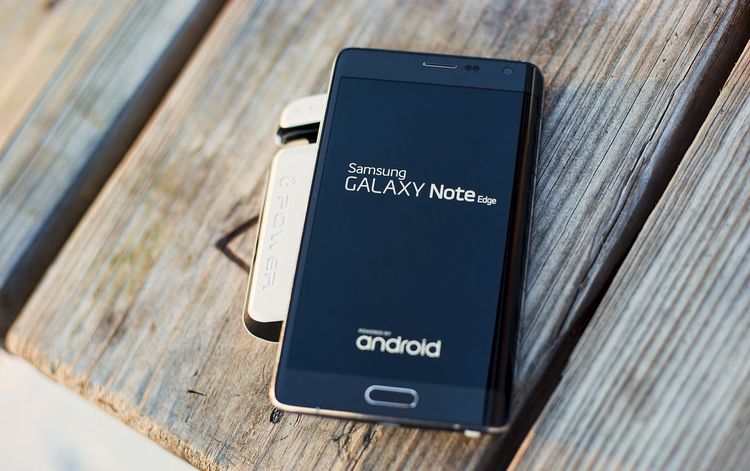OpenAI has unleashed the potential of ChatGPT today with the introduction of GPTs, a revolutionary feature allowing users to create personalized versions of the widely acclaimed conversational AI. Not only can you develop your own GPT for entertainment or enhanced productivity, but you’ll soon have the opportunity to publish it in the GPT Store—a marketplace where you could even monetize your creation.
These new functionalities, revealed during OpenAI’s inaugural developer day in San Francisco, signal a shift towards a more open AI marketplace, previously dominated by a limited selection of general-purpose systems. While existing systems are evolving to become even more versatile, OpenAI seems to be following a strategy similar to Apple’s, recognizing that facilitating others’ creativity can be just as valuable as its own innovations.
“We believe that if you empower people with the right tools, they will achieve remarkable things,” said founder and CEO Sam Altman onstage.
In line with this vision, OpenAI is launching GPTs—“custom versions of ChatGPT built for specific tasks.” (It's worth noting that GPT stands for “generative pretrained transformer,” the technical term for this style of large language model, which may cause some confusion.)
Creating a GPT requires no programming skills, allowing you to tailor it to your needs as simply or as intricately as you desire. For example, you could create a GPT trained on your recipe collection, enabling quick retrieval of ingredients for your favorite soup. Alternatively, for fans of complex narratives, you could develop a GPT that knows the intricacies of an expansive fantasy series and can answer specific character-related inquiries. If you’re a developer or company, you could even create a GPT trained on your proprietary coding practices, assisting others in checking their style or crafting compatible code.
Remarkably, building a GPT can be as straightforward as chatting with ChatGPT to explain your requirements, a feature we’ll soon be able to test. “You can essentially program a GPT through conversation,” stated Altman. “Customizing its behavior is intuitive, making them accessible to all users.”
During his demonstration, Altman outlined that he wanted to create a bot that offers guidance to startup founders. After uploading a related lecture, he instructed it to be concise and constructive, concluding that it was ready for deployment.
Additionally, users can integrate external services, such as utilizing a translation API for unsupported languages, all while retaining control over their data handling preferences.
An App Store for AI
A significant highlight from today’s announcements is the anticipated GPT Store—the platform intended for distributing and eventually monetizing these custom GPTs.
“Later this month, we’re launching the GPT Store, showcasing creations from verified builders,” Altman announced. In this store, GPTs will be searchable and could ascend through leaderboards. OpenAI plans to feature the most useful and engaging GPTs in various categories such as productivity, education, and entertainment. In the coming months, creators will have the chance to earn revenue based on their GPT's usage.
This structure closely resembles the lucrative App Store model implemented by Apple, and OpenAI is clearly looking to replicate that success. GPTs will not only be hosted and developed on OpenAI’s platforms but will also receive promotion and evaluation.
“We're committed to compensating the developers of the most utilized and beneficial GPTs with a share of our revenue,” Altman mentioned, promising more details forthcoming.
At this stage, it's uncertain whether developers will be able to charge directly for their GPTs or if the model will solely rely on revenue sharing. When questioned, Altman indicated that the strategy might initially focus on revenue sharing (though specifics were not disclosed), with future options for subscription models based on demand.
The term “verified builders” has yet to be fully defined, but it appears to be a necessary threshold to avoid subpar or fraudulent entries. Notably, they showcased GPTs developed by organizations like Code.org, TripAdvisor, and Canva, suggesting an initial emphasis on established applications rather than individual projects.
OpenAI is clearly aspiring to reach ambitious goals. By positioning itself as a platform independent of traditional app stores and distribution channels, it may find itself at odds with industry titans such as Apple and its long-time ally, Microsoft. Apple may challenge OpenAI's monetization of GPT models outside of its App Store ecosystem, making strategic navigation essential for OpenAI.
Meanwhile, Microsoft is preparing to unveil its own Copilot models tailored to specific tasks within Office applications, raising the possibility of competition with GPTs in enterprise settings.
CEO Satya Nadella briefly attended the event, expressing excitement about the partnership, but the prevailing narrative seems to be that OpenAI is advancing, while Microsoft takes on a supportive role. The dynamics of their relationship will be worth observing in the coming years.
As OpenAI unveils further details about the GPT Store throughout the day, we will keep you updated.







